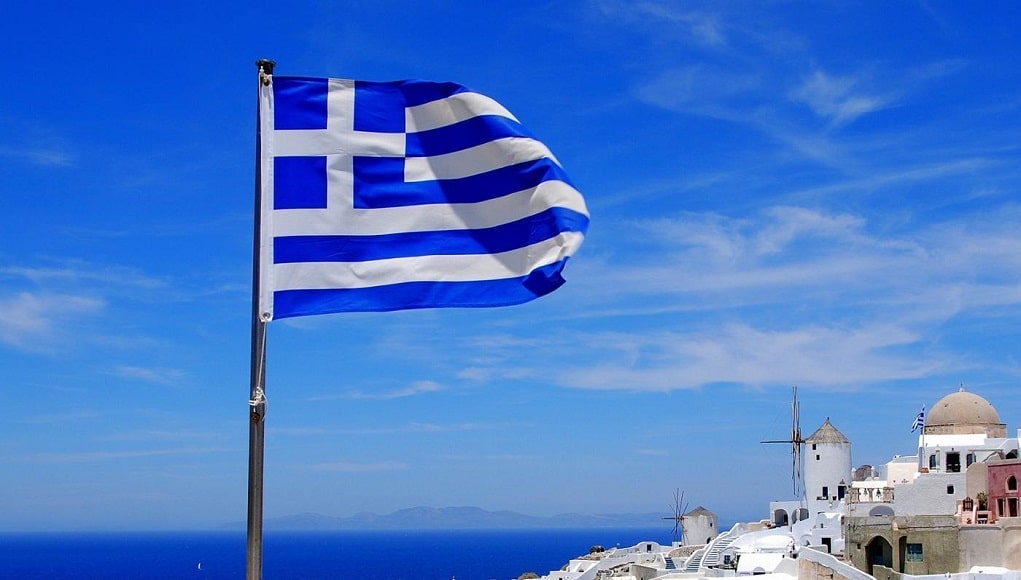The war against cash has been going on for a while, without us realizing it. Apparently small messages that are presented as footnotes in the news together tell a story: cash is not desirable, for various reasons. The latest achievements come from Italy and Greece.
First Italy
From 2020, cash payments from 2,000 euros are illegal in Italy. A year later that amount is reduced to 1,000 euros. And retailers who do not want to participate? They will be fined.
Italy is making all cash payments above € 2,000 illegal in 2020. One year later, that limit drops to € 1,000. Anyone who refuses to accept credit cards is immediately fined € 30 + 4% of the refuted amount.
The war on cash is here. Luckily, we have bitcoin.https: //t.co/r6vgyq1Qev
– Bitcoin Valgardena (@btcvalgardena) December 9, 2019
Then Greece
Greece is also showing its muscles. As far as we follow the news, it seems that Greeks have to spend a third of their income electronically. Are they not meeting this threshold? Then they have to pay a fine of 22 percent. This policy can be called fairly perverse.
As the global war on cash escalates so does the need for an alternative.
“Greeks will be hit with a hefty fine if they don’t spend almost a third of their income electronically… Individuals that fail to meet the target will be hit with a 22% fine” https://t.co/hmpJxr8y8W
– Matt Odell (@matt_odell) December 9, 2019
We have previously written about Argentina and Lebanon. At the time of crisis and protests, the entire banking system was shut down for weeks. The official reading is that it is dangerous to keep banks open during protests, but this tends more towards large-scale and strict capital controls.
The Netherlands also wants to ban cash
Return to Europe. The war is also in full swing in the Netherlands. Ministers Hoekstra of Finance and Grapperhaus of Justice and Security are planning to combat so-called money laundering. Retailers and traders who accept more than 3000 euros in cash will become punishable.
At the beginning of December it was announced that the ABN AMRO wants to close no fewer than 470 ATM machines. So-called because there have been crashes at various vending machines. It is that the Amsterdam media jumped on top of this, because they saw ten ATMs boarded up.
Cracking as an excuse
Hundreds of transporters, security guards, and contractors set off, with estates full of wooden planks to cover up. Employees were waiting in the banks to tell surprised customers where they could go for deposits and withdrawals now that their favorite machine “for security reasons” had closed.
In that respect, the thuds are good. They offer a well-timed argument for permanently closing ATMs.
But how can you best move Dutch people to use as little cash as possible? By getting them in the wallet. ING account holders who visit the ATM less than four times a year are charged 20 percent less in the payment account.
These two Dutch banks also work together with Rabobank to drastically reduce the number of ATMs in the Netherlands. All their machines are eventually closed and replaced by striking yellow machines called Geldmaat.
Greek citizens are punished if they do not make enough electronic payments and Italian entrepreneurs are forced to limit the amount of cash they can accept.
Think about that.
Anonymity is much less
Citizens are forced by governments to open up their money flows. The most important characteristic of cash is that you can pay anonymously, and it is being increasingly restricted. And all under the guise of combating crime and curbing money laundering.
The control over your self-earned money will soon be in the hands of governments and banks. If central banks succeed in developing their own cryptocurrencys and get governments to make this a mandatory payment method, then the fence is completely gone.
The choice is yours
Hopefully by now you understand where this article is going. We have two options:
- Option a: give central parties the power over our individual resources
- Option ₿: use decentralized solutions that we control ourselves
The first option is simple and only requires total surrender. The second option is more difficult and will be opposed by the same central parties that make option a possible, but the result is worth it: maintaining individual sovereignty.
The options are clear, it’s up to you to decide what you value.















